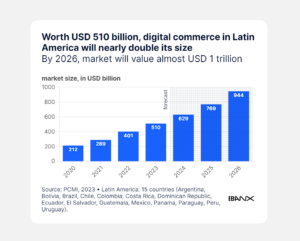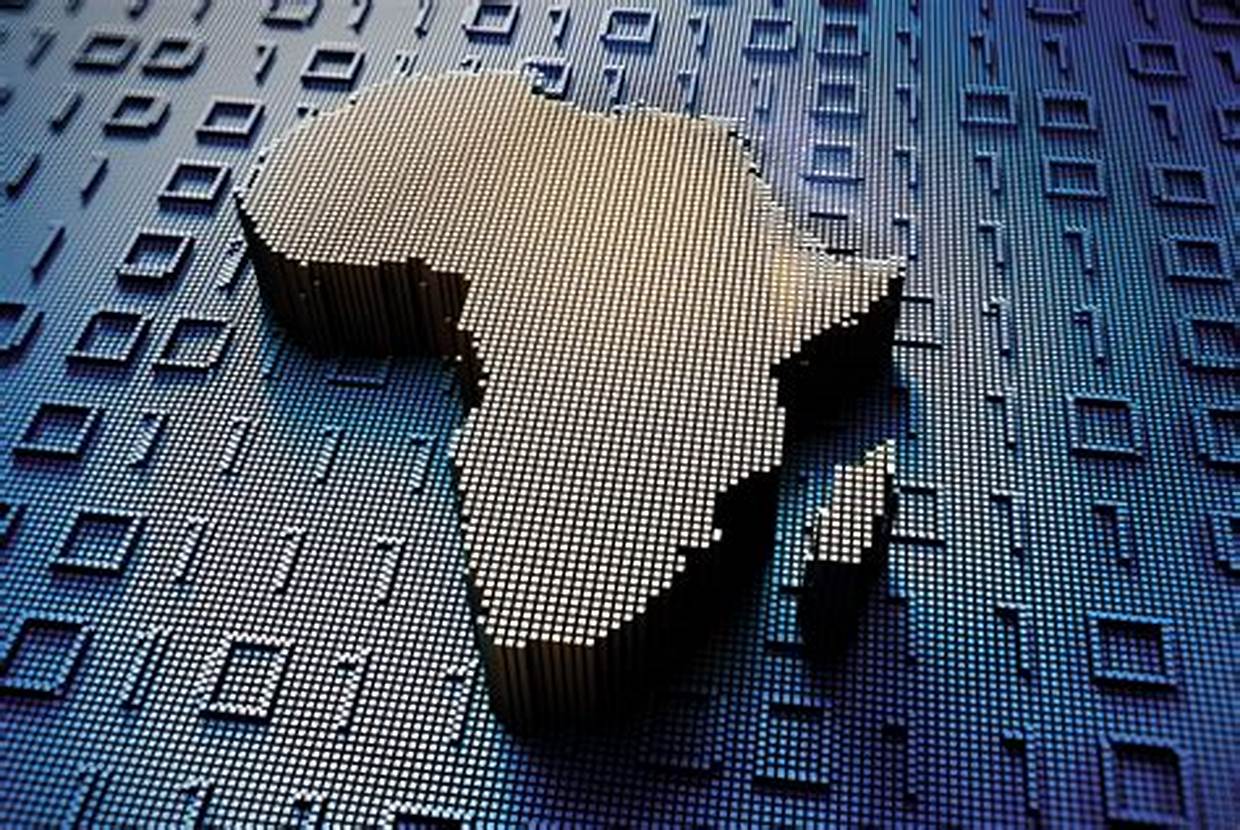- Digitization is transforming African markets, with universal internet access expected in some regions by 2028.
- The most significant growth is predicted in Egypt, where internet penetration is projected to more than double, reaching 98%.
- Despite this, only 44% of African adults currently make online purchases, creating substantial untapped potential for growth.
Online retail dominates Africa’s digital commerce landscape, constituting 58% of the digital volume in 2023 across key countries like Egypt, Kenya, Morocco, Nigeria, and South Africa.
In Africa, where traditional financial services are limited, alternative payment methods (APMs) have gained popularity to meet unmet demand. APMs account for 69% of the total value in digital commerce, surpassing card payments at 31%.
Mobile money holds a 5% share in Africa’s top five economies, with significant usage in countries like Kenya.
While cash remains the preferred payment method in Africa’s digital commerce with a 30% penetration, APMs are poised to gain more market share in the coming years.
 image source: Techeconomy
image source: Techeconomy
Commenting on the data, Wiza Jalakasi, director of Africa Market Development at EBANX, highlighted that alternative payment methods are driving financial inclusion and digital commerce in emerging markets.
B2B payments are surging with the rise of digital marketplaces, especially in rising markets like Africa, Latin America, and Asia. B2B digital payments in these regions are growing faster than the global rate of 11% annually, expected to constitute 40% of the total value of B2B payments made online worldwide by 2027.
In Africa, B2B transactions are gaining traction, with 42% of businesses in Kenya making online purchases.
B2B marketplaces have emerged in countries like Egypt, Morocco, Nigeria, Rwanda, Tanzania, and Uganda, offering strategic solutions to reduce logistical costs and eliminate intermediaries. According to a GSMA report, B2B platforms have lower customer attrition, making them better equipped to retain sellers compared to B2C e-commerce.
News Source: Tech Economy

